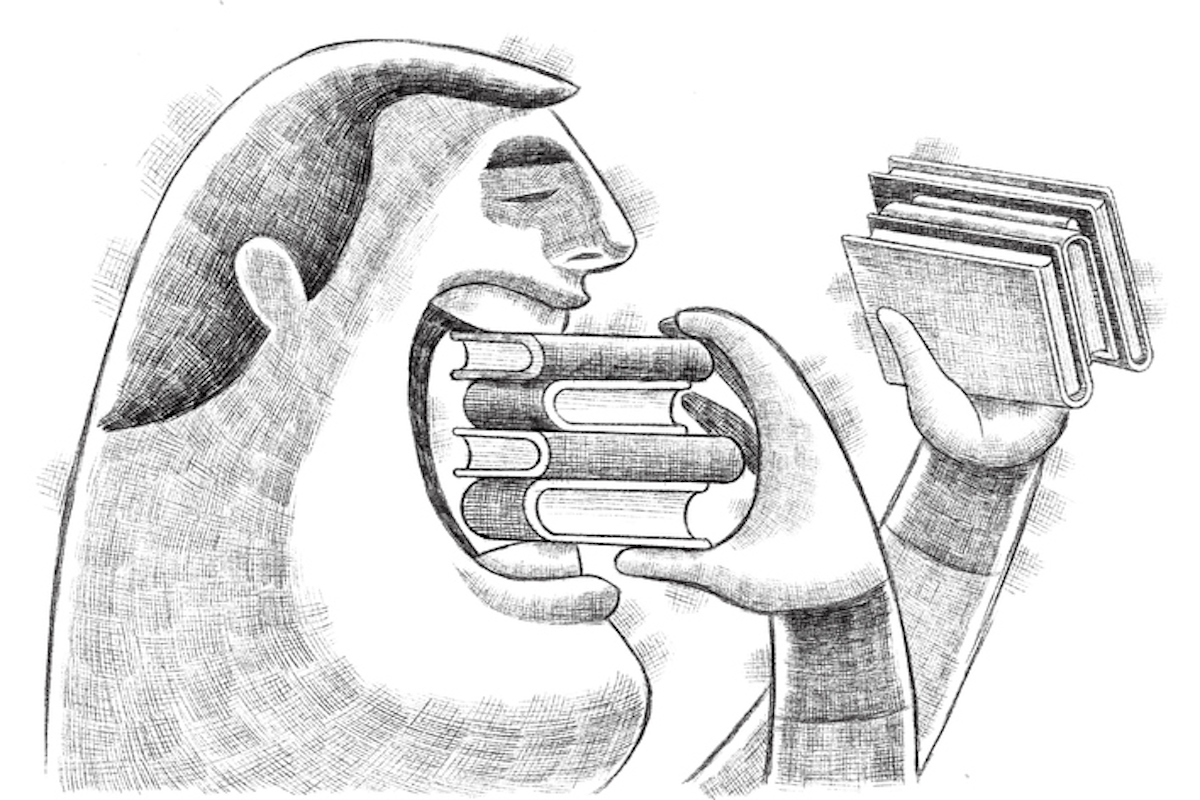The sense of being a student again, being an absolute beginner, learning a new skill after we have passed a certain age is not always a pleasant state of being. We are horrible at things that are new to us– even temporarily–we know it, and that makes us terribly disturbed sometimes.
Adding to the skills that we already have or absolutely developing a new one– learning a musical instrument, writing, singing, learning a technical or regional language, cooking, coding, trying hula-hooping, computer program, painting, juggling, skiing, cycling, etc–always seem difficult at first if we have never tried them before.
In addition to it all, most of us keep on living reluctantly in our day-to-day lives of comfort in our own created assurances and limitations: what’s the point of starting something new when we know we’ll never be much good at it?
Advertisement
If we get our creative and intellectual fulfillment from the jobs and skills we already own, then there might not be a need to expand. Nevertheless, there are many unhappy souls who are stuck in the cycle of nine-to-five and never got an opportunity to try their hands on a new skill that they might be willing to learn since their childhood. Moreover, today, they feel too old and grown up to accept the idea of being a student again and learn the skill they always felt attracted to.
Introducing yourself to something new brings a sense of vulnerability, that most of us want to avoid.
Tom Vanderbilt, the author of the book “Beginners: The Joy and Transformative Power of Lifelong Learning”, begins a year of learning purely for the sake of learning. He wrote, “Why do so many of us stop learning new skills as adults? Are we afraid to be bad at something? Have we forgotten the sheer pleasure of beginning from the ground up? Or is it simply a fact that you can’t teach an old dog new tricks?”
We can put an end to our reluctances and surely can learn something as a beginner. Initially, we will find that we are very bad at it, and we are absolutely aware of it. The early hours of trying something new are always challenging. Of Course, starting all over at something with a close-ended mind would not bring a good turn. However, even if we have an open mindset, it might bring floods of emotions like self-doubt, excitement, anxiety just like when we meet someone new. The human brain is very adaptable if we have persistence, dedication, and discipline.
Heidi Grant Halvorson, a motivational psychologist and author of the HBR Single Nine Things Successful People Do Differently says “In a fast-moving, competitive world, being able to learn new skills is one of the keys to success. It’s not enough to be smart — you need to always be getting smarter,”. There are no shortcuts and learning is a process. The more time we have spent in regular practice, the better we perform compared to people who have practiced fewer hours.
When we start the process of attaining a new ability consistently, big or small, it gives us a refreshed sense of curiosity. The initial steps, no matter how challenging they seem or are, opens up to profound happiness. We are able to open up emotionally and are able to connect with the people around us. The feeling is similar to when you find yourself, or reinventing yourself.
Evaluate your interest level
A first important step is to focus on what is actually you are interested in–is it the idea of mastering it or the process you want to pursue and then become skilled at it. Learning a new skill takes extreme commitment. Focus on what tempts your eyes and mind when you feel the sensation of engaging your whole self to that skill. From a beginner to a professional, it may be a long journey, that may require your wholehearted dedication, discipline, and passion for doing it. One must be aware of how the process might bring a change in their routine, and in themselves as a person.
Be curious
If you want to learn a skill, you have to be curious and lead yourself with an open-minded approach. Leaving behind the reluctant attitude and approaching it with a free mindset is the key step towards something you want to learn.
Unlearn
Unlike many other people, who believe that they know everything, we have to unlearn things. We must discard the perceptions that we have already created in our minds about the skill or a craft we want to acquire. The approach should be like the mind of a child or as a blank sheet of paper, as whatever we pour onto it, it easily gets absorbed, and reflects itself clearly.
Believe in yourself
Understand the power of your mind. The belief that you will learn the skill and will master it one day, opens all the doors to your achievement. When you believe in yourself that you have the capability to learn, grasp, and process any new piece of knowledge or skill, no one in the world can stop you to achieve your set goals.
Learn by trial and error
Unless you put your hands on it, you will never know if you are even bad at it. And sometimes, with some skills we don’t require to take special classes, we learn them just by trying and practicing them again and again, we just need to approach them smartly with the right techniques.
Be Patient
Developing a new skill, a competence, an ability is like building a new muscle in the mind. When you are consistent, discipline with your training, and have the right set of knowledge and information, which works like the right food for your brain, you will surely develop that muscle in your brain. After which, the skill you have put your hands on will become easier with every passing practice and days. However, it will require lots of patience and a positive attitude from your end.
Advertisement











